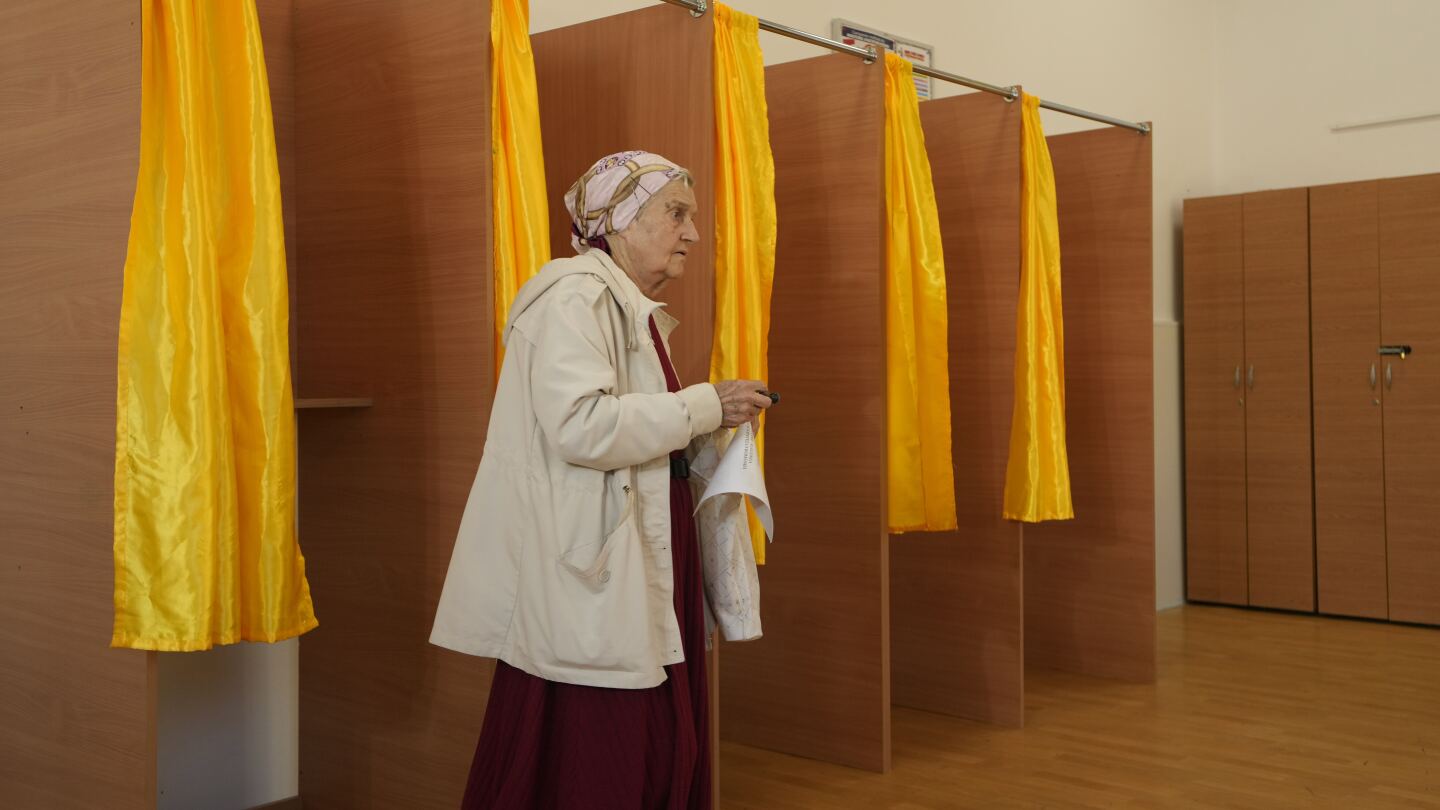Democracy at the Crossroads: Romania Heads to Polls in High-Stakes Election Rerun

Romania stands at a pivotal political crossroads today as citizens head to the polls for a high-stakes presidential election rerun. This extraordinary electoral event comes in the wake of last year's controversial vote, which was dramatically annulled and thrust the strategically important EU and NATO member nation into its most turbulent political landscape in recent memory.
The election represents more than just a simple ballot—it's a critical moment of democratic renewal and national recalibration. Voters are not merely choosing a president, but signaling their vision for Romania's future trajectory, both domestically and on the international stage.
With tensions high and the political stakes unprecedented, every vote carries significant weight in determining the country's leadership and potentially reshaping its political dynamics. The rerun election symbolizes Romania's commitment to democratic processes and transparency, even in the face of complex electoral challenges.
Citizens across the country are expected to turn out in substantial numbers, reflecting the deep public interest in resolving the political uncertainty that has gripped the nation since the previous election's nullification.
